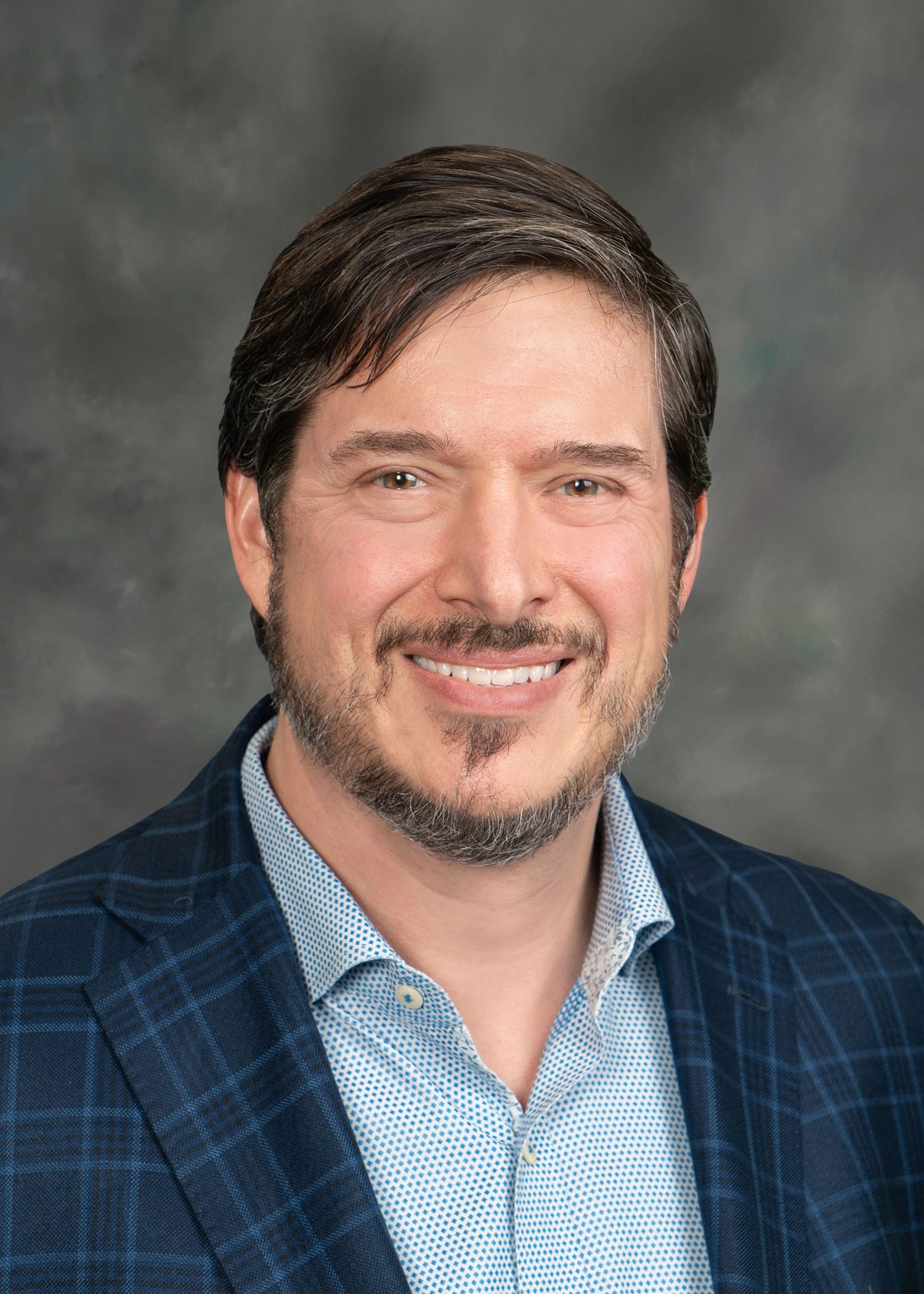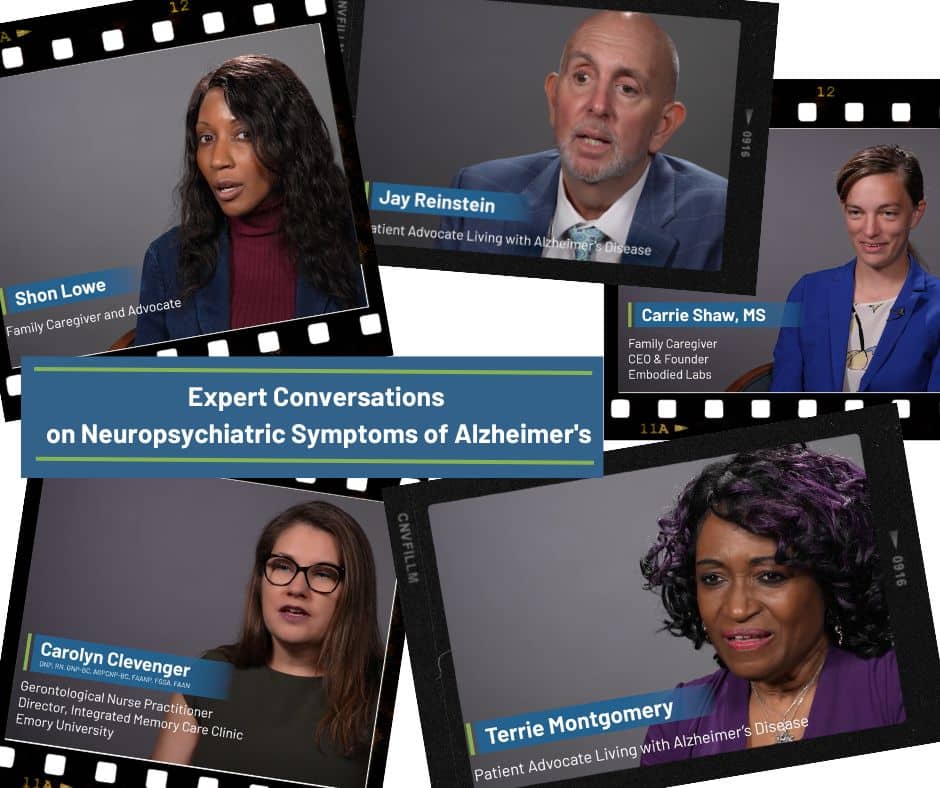
Today the United Nations recognizes International Day of Older Persons to raise awareness about issues affecting older adults and to appreciate the contributions older adults make to global society. The UN is using today as a platform to urge “countries to improve older persons’ accessibility to urban infrastructure, facilities and services as two phenomena—rapid urbanization and ageing populations—are combining to dramatically change the face the world’s cities in the coming decades.”
The UN notes that up to 900 million older adults will be living in cities by 2050, and in many of these cities the infrastructure is not designed with quality of life in mind for their senior populations. The Secretary General of the UN Ban Ki-moon encouraged countries to take steps to change this: “Making cities inclusive of older persons means generating opportunities for their economic and social participation in accessible and safe environments. It also means providing affordable housing as well as the health and social services needed to support ageing in place. On this International Day of Older Persons, I call on Governments to make cities and human settlements inclusive, safe, resilient and sustainable so that no one—of any age—is left behind.”
We join with the UN in recognition of older adults. As an added bonus, we give you a few more reasons to celebrate today:
- As a tie-in to the International Day of Older Persons the International Society on Aging and Disease (ISOAD) has launched a fantastic worldwide campaign on the importance of aging and longevity research for the development of effective health care for older adults. ISOAD’s efforts have resulted in events being held in more than 40 countries around the globe today. To keep track of today’s events, visit the International Longevity Day Facebook page.
- The World Health Organization has just released World Report on Ageing and Health that sends out an urgent call for the global community to address population aging. It’s worth a read.
- Like ISOAD we believe aging research can be a global gamechanger. Watch this video to see why:






